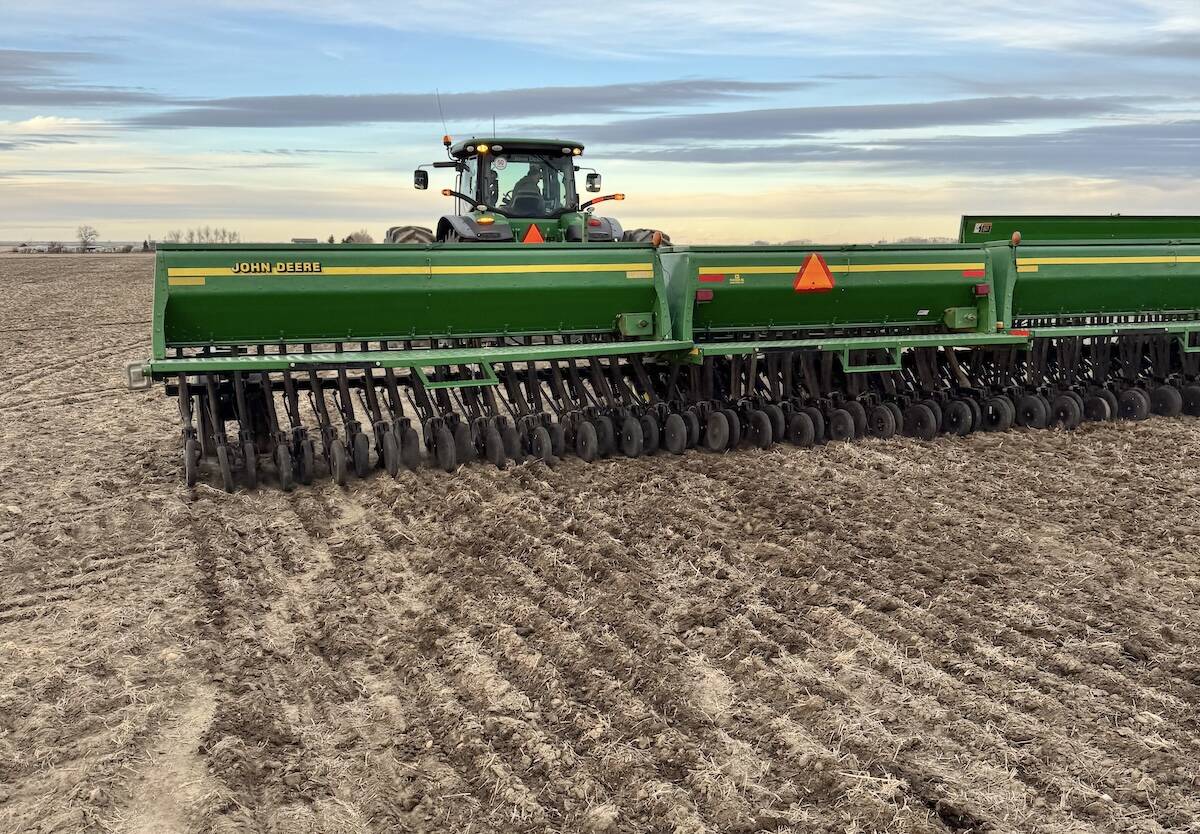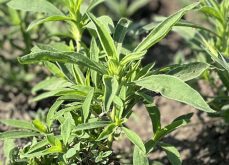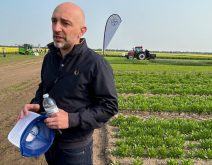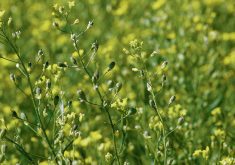Bayer Crop Science has set a leadership succession plan in motion for research and development (R&D), naming plant breeder Mike Graham as its new head of R&D effective April 15.
Graham, who will operate from St. Louis, has been with Bayer since 1996, starting as a plant breeder, and has been “deeply involved in the design and development of next-generation seed, traits and customer-focused solutions,” Bayer says. Most recently he’s been leading the company’s global plant breeding organization, “driving the advancement of the industry-leading breeding pipeline by reimagining breeding and technical methodologies as well as spearheading the digital evolution.”
Read Also

Southern Alberta farms explore ultra-early seeding
Southern Alberta farmers putting research into practice, pushing ahead traditional seeding times by months for spring wheat and durum
At an event during Ag in Motion last summer in Saskatchewan, Bayer staff spoke about what digital advances can bring to the plant breeders’ table — for example, the use of AI (artificial intelligence)-supported predictive modelling and simulations to help foresee how a given variety may perform under various Prairie conditions including drought, high heat or heavy rain.
Graham brings “deep industry knowledge, profound expertise in R&D, diverse experiences and his intimate understanding of what farmers really need,” Bayer Crop Science president Rodrigo Santos said in a release. Bayer’s next lead for plant breeding will be named later, the company added.
Graham replaces Robert Reiter, who’s retiring after 27 years with Bayer. The company credits Reiter with helping to “revolutionize breeding through the use of genotypic selection and (spearheading) the development of an industry-leading genotyping platform.”
Reiter had been head of R&D for Bayer Crop Science since 2018, during which time he “successfully advanced upcoming blockbuster products like the new herbicide Icafolin and the Preceon Smart Corn System which has the potential to revolutionize corn production going forward.”
Bayer last year told the Reuters news service that Icafolin, which is expected to launch in 2028 starting in Brazil, will mark the company’s first new herbicide mode of action in about 30 years. AI may also speed up the process of finding other new actives, company reps said at the time.
















